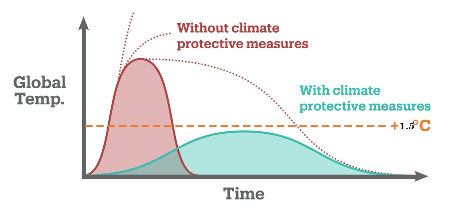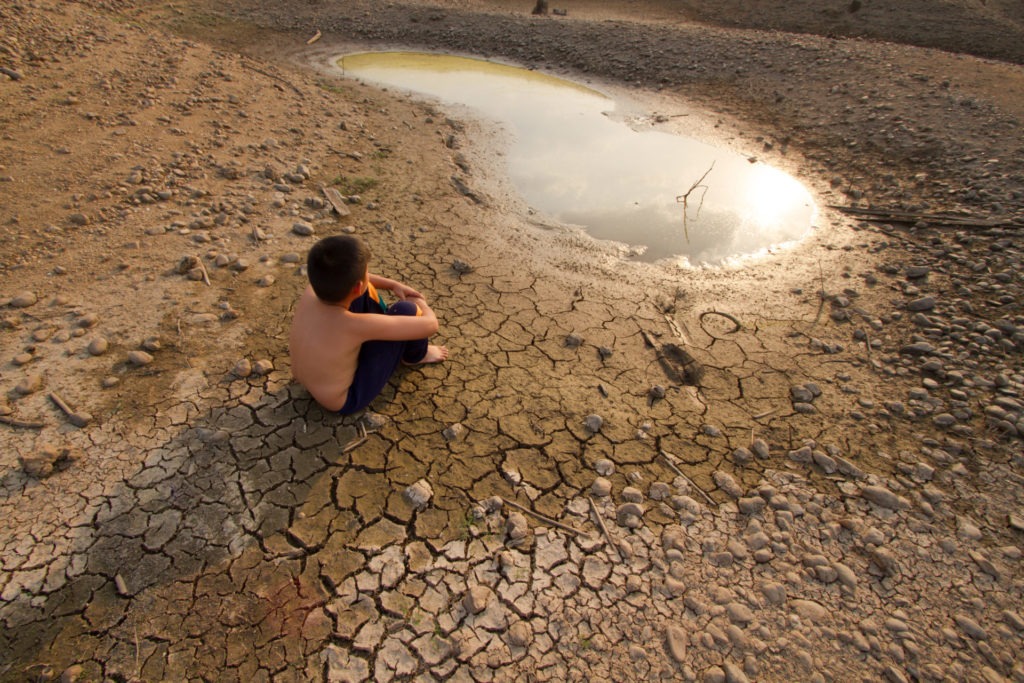I am a frontline health care worker in NSW and, like many of my colleagues, have worked hard over the last 2 months to prepare an expanded critical care capacity in our region.
At the end of March, we were anticipating our health system to be overwhelmed in the coming months. On top of this, we believed that we would not necessarily have enough personal protective equipment to care for this number of patients in a way that would keep us safe from infection.
There was a perception that our system was not adequately prepared to care for our patients, and ourselves, in a pandemic. As you can imagine, this was an anxiety-provoking period for healthcare workers. Nonetheless, we continued to provide exceptional care for patients, despite uncertainty and risk.
We mobilized teams to rapidly create best-practice protocols, streamlined processes and supply chains and built bridges between teams to do all that was within our control to prepare for the potential onslaught. In short, we demonstrated what much of the country has demonstrated over the last month – that we have incredible potential to think collaboratively and collectively to confront a critical threat to our wellbeing.
Like many of my colleagues, I have been heartened by the action taken by Australians and the resulting reduction in transmission of SARS-CoV-2. It appeared to me that on a federal and state level, our political leaders demonstrated some capacity to work together in a bipartisan fashion and listen to scientific expertise, in order to respond quickly to an impending public health crisis.
Whilst we are expecting ongoing, and regrettable, economic hardship, there too would have been painful, economic hardship had the virus spread uncontrollably. It has been made clear that decisions in public health crises are not as simple as a binary choice between health and the economy, and that our governments have the capacity to mitigate economic and societal consequences, to find a middle ground that minimizes harm across several spheres. These were no doubt difficult decisions, but we should be able to expect such complex decision making and multi-tasking by our governments. Furthermore, our leaders have demonstrated an ability to act to protect our health system and social safety nets, and by taking measures to ensure their viability, have confirmed their value.
You may be aware that the Commission for the Human Future has recently released a ‘Call to Action on Global Catastrophic Risks’, which lists ten great catastrophic risks facing humanity.
Whilst pandemics and new diseases are listed as one such risk, the majority of these risks are related to environmental sustainability and how humanity interacts with the natural world.
The climate crisis is listed as one catastrophic risk, but also impacts upon several of the others. For example, unmitigated climate change will increase the risk of pandemic disease in the future.
Likewise, the Lancet Countdown report of 2019 stated that unless the average global temperature rise is limited to well below 2°C, the “lives of all children born today will be profoundly affected by climate change”.
We have only just emerged from a horrific Summer in Australia, which made tangible the effects of the climate crisis. Understandably, there seemed to be a palpable shift in the public consciousness regarding the need to take action to minimise the harm we are causing our environment.
Health professionals have long been calling for greater attention to the climate crisis, and we have recently seen numerous peak medical organisations declare the climate crisis as a public health emergency. Among many of us, this is regarded as the greatest public health crisis confronting our society, and this concern also escalated as the significant public health impacts of the bushfire crisis were apparent.
We are genuinely fearful that the experience of last Summer will become our new normal, and can assure you that the climate crisis, on its current trajectory, will have grave and profound health impacts.
I understand that confronting the climate crisis is a difficult issue politically, we have all seen this play out over many years. Some assert that we are currently doing enough as a nation to address the climate crisis, yet by most experts’ accounts our government’s policies are vastly inadequate to meet our responsibilities under the Paris Climate Agreement. But our leaders have now demonstrated a capacity to work in a bipartisan manner and listen to experts to take appropriate action against an existential crisis.
There have been concerns about the economic impact of transitioning away from a carbon-intensive economy, and whether this will create unfair hardship for some. However, as with the pandemic, this is an existential issue that will inevitably detriment all facets of our society, including our economy, should things continue as they are.
In the face of such crises, our leaders have demonstrated a capacity to make difficult decisions and communicate with the public about the relative harms and opportunities. They have found ways to minimise the harm to the economy and livelihoods, whilst still taking necessary action.
We are all familiar now with the concept of ‘flattening the curve’. The broad and irreparable public health impacts of the climate crisis also have the capacity to overwhelm us, albeit over a longer period of time, and we won’t be able to turn things around with last-minute action.
Now is the time to flatten the climate curve.

The impacts of the COVID-19 pandemic have been tragic and pervasive. As we consider winding back measures taken to contain the pandemic, it is now essential that our societies consider how we can emerge and recover from this public health crisis in a way that works to prevent another one. This crisis has allowed us as a society to demonstrate how far we will go to protect others, and to demonstrate a more collective mentality.
It would be a further loss to our society to return to ‘business as usual’ when we have an opportunity to consolidate gains made during this difficult time, towards a fairer and more environmentally sustainable society. I ask our leaders to please see this as an opportunity for change and a time for ideas.
So, as your constituent, I ask you a question. What is your vision as to how we can emerge from this crisis and build a society that is fairer, more sustainable and that acts with a sense of responsibility towards eachother, as a global citizen and towards future generations?
If there is no change in our current trajectory, I will again find myself on the frontline in the health system dealing with the consequences of the climate crisis. As a health care worker, I ask that you do not manage our recovery from this crisis in a way that hastens the onset of another. I ask that you use your position and the leadership you have demonstrated during this pandemic, to not let it get to that point. Further, as the parent of a young child, I implore you to take strong action on the climate crisis in the interest of our children, as we have just acted so strongly and compassionately to protect each other from COVID-19.
With optimism,
Dr Jessica Hegedus


